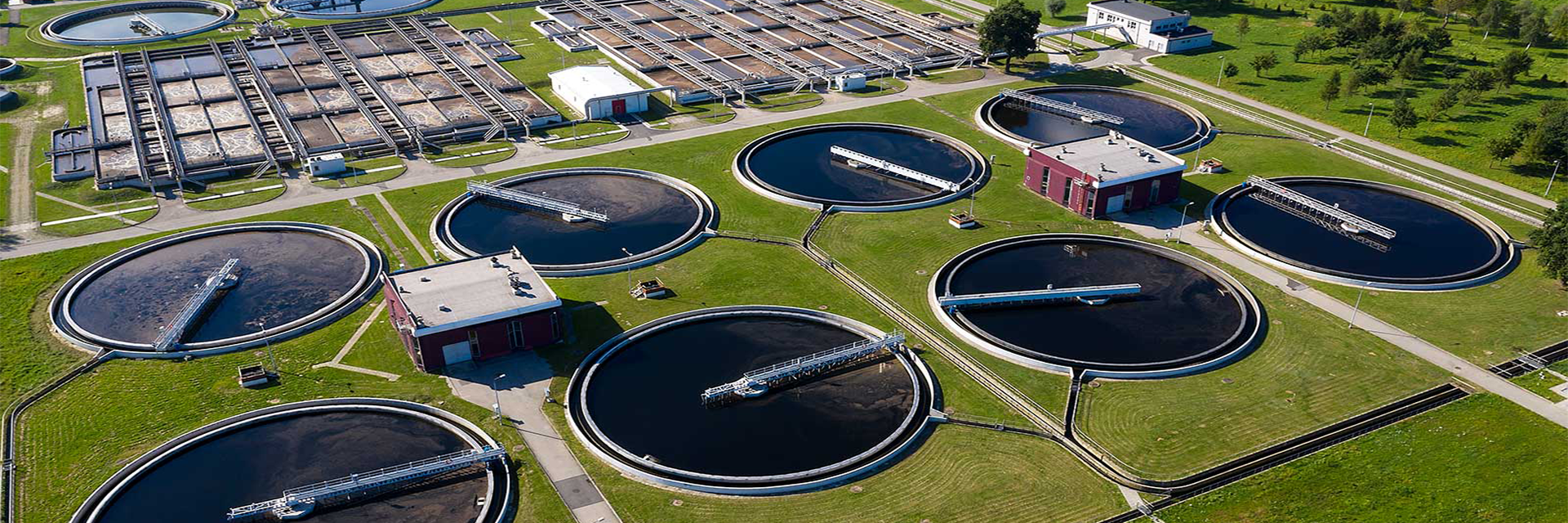Environmental Engineering Softwares

GPS-X
Wastewater Modelling Simulation Software
GPS-X has everything you need to model, simulate and analyze advanced wastewater plant designs with confidence. You can rely on our suite of proven wastewater models and the industry™s largest collection of unit processes. You can monitor and interact with your model inputs in real-time during simulation and seamlessly manage and compare different scenarios all in one place. And if you need support, our industry-leading team of experts is always ready to help….. Read More

IBM Environmental Intelligence Software
IBM® Environmental Intelligence Suite is a SaaS platform to monitor, predict, and respond to weather and climate impact. It includes dashboards, alerts and notifications, geospatial and weather data application programming interfaces (APIs) and add-ons with industry-specific environmental models for business resilience and optimization….. Read More




